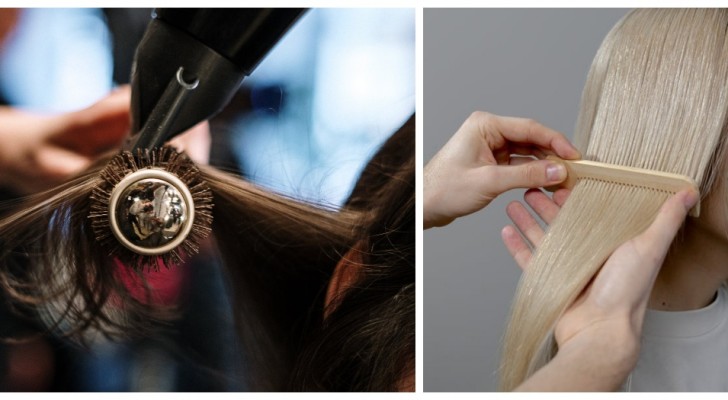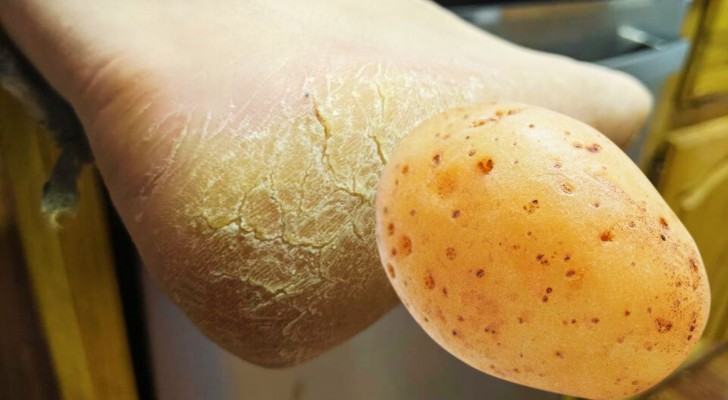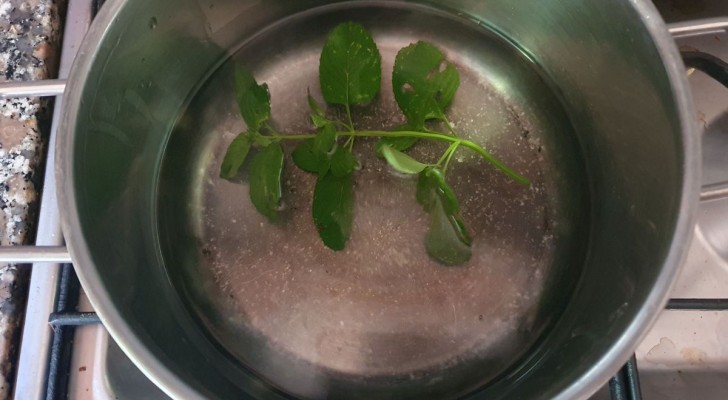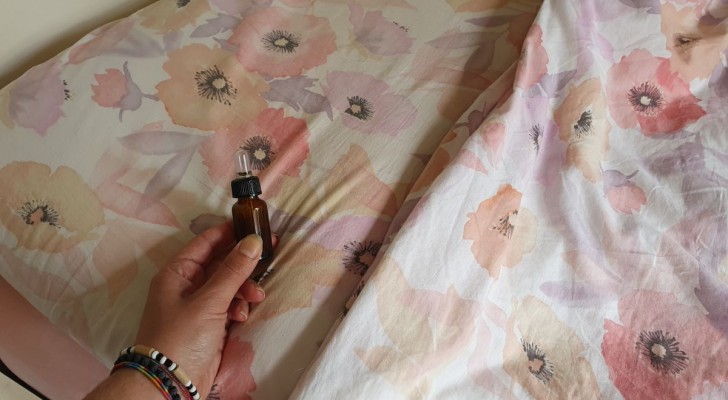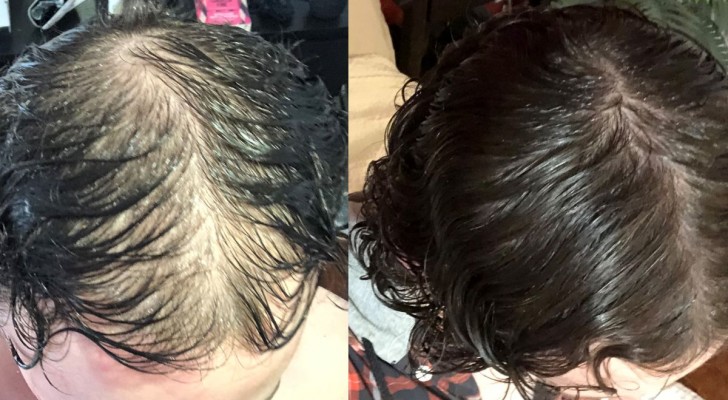Famous tips for great hair: which ones really work?

Being able to show off a healthy and shiny head of hair is a joy for all of those who love to pay attention to their manes, and it is true for each of us that the right hairstyle, with hair cared for in the right way, gives us a completely different look. To achieve this result we may try many colors / dyes and, above all, different treatments and care routines - perhaps even influenced by the advice we read or tips we occasionally come across.
It is true that there are several natural ingredients (some we probably have in the pantry) that are good for the hair. We also need to find the right frequency for washing our hair, but there is always a need to do that which suits our personal situations and contexts. And, of course, we must also draw a line and rule out some of the myths about hair that have no real foundation in reality.
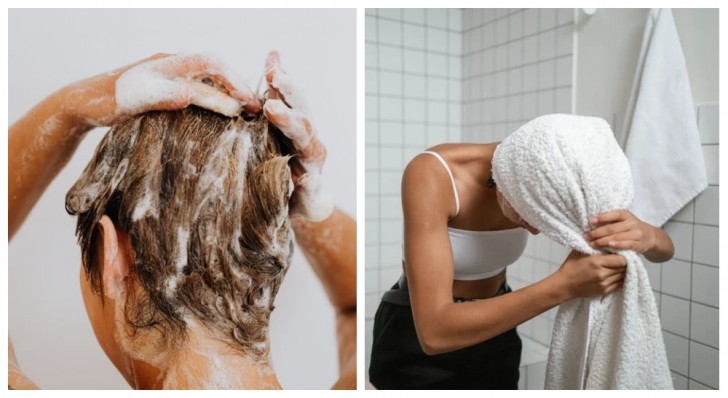
- Cutting your hair often makes it grow stronger: this is true in the sense that when you wait to cut it, and your hair forms split ends and weakens along the lengths, it becomes more brittle and can break higher up. Instead, cutting hair often reduces this risk and the hair becomes fuller. But how often (to cut it)? It depends on the type of hair. Fine or dyed hair should be cut once a month or every 5 weeks; if they are wavy and thicker, an interval of a month and a half is fine; those with curly hair can wait up to two months. But experience is the best guide in these cases.
- Plucking white hair makes it grow even more. This is not true at all, because acting on a follicle in that way will only have the consequence on the growing of another white hair. That said, it is true that sometimes the "following" hair may not be as white as its predecessor, but this does not mean that pulling your (white) hair out is a practice to be recommended - quite the contrary.
- It's okay not to wash your hair - it will somehow clean itself in the end. This is a big "no" and is definitely not true. Hair cannot clean itself, and all the dirt we don't remove from the hair clogs the follicles and that will certainly cause less hair growth. Not to mention the general hygiene issues...
- No commercial shampoo, but use only green alternatives: a shampoo that contains the properties suitable for your hair type is an excellent ally, especially if the hair does not need particular treatments. However, it is also true that there are foods and ingredients that can help hair to be healthier or shinier or softer depending on the case. So whenever you read about any DIY alternatives make sure it's right for your hair type, and you can try it out for yourself.
- The shampoo shouldn't lather up too much: this is true. Generally shampoos that have this effect are those with a lot of sulfates, which are bad for skin health and don't particularly help the hair - and some companies have eliminated them from their formulations completely. Always check the label.
- Oils are not good for those with oily hair: this is not true. You can add excellent natural vegetable oils to your routine, such as olive, argan, coconut or sweet almond (and more). The important thing is that they are of good quality (for some of them we recommend cold-pressed oils) and that they are used consistently but without exaggerating. Also in this case, experience will show how much oil and how often to use it. In fact, oils will penetrate the hair fibers, nourishing it deeply.
- Better to dry hair with a towel than with a hairdryer: no, this is not true. When wet, hair is more fragile and prone to break. So binding it tight in a wrapped towel is not good (and neither is rubbing it vigorously dry with a towel). At the most, we can extend the time we keep the towel on our head, and then we must always press it gently to remove excess moisture. A good hair dryer, used with care and without too high temperatures, is fine. And of course also take advantage of the sun's heat whenever possible.
- 100 strokes a day to keep hair healthy: brushing your hair too much stresses it and can break it or damage the cuticles, so always do it gently, stopping whenever the hair is free of knots. There are hair types, like curly hair, that don't need this and then there are those which, even when brushing when wet, can damage it.
In short, it always takes moderation, common sense and, above all, making sure you know the needs of your hair type (which also changes according to the seasons and age) - and the choose the methods accordingly.
